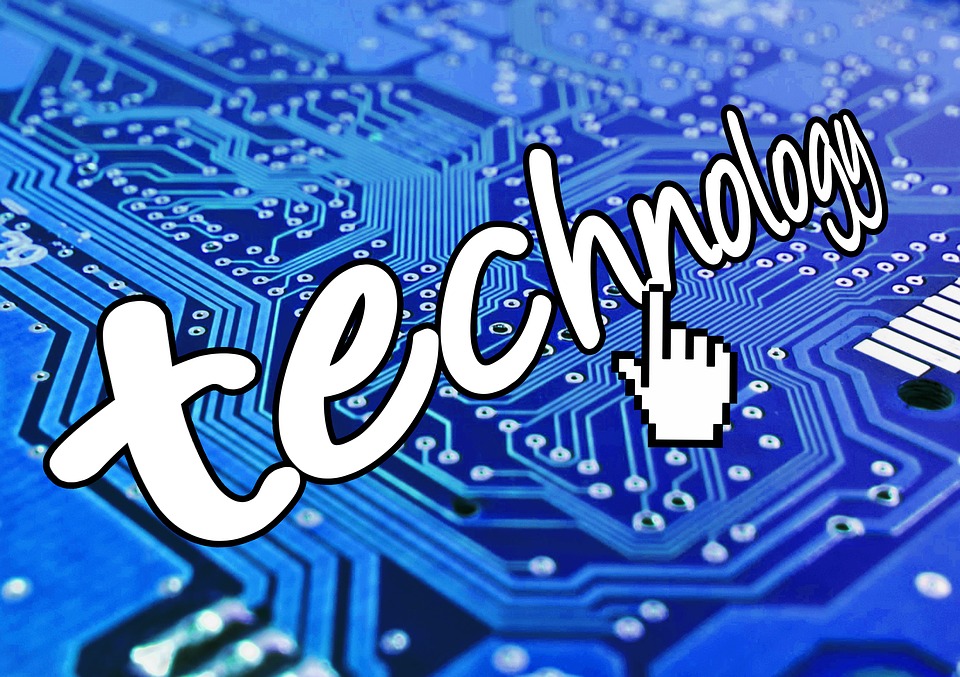1. Nanoparticle-Based Drug Delivery Systems: These drug delivery systems are designed to target specific cells in the body while minimizing side effects.
2. Nanosensors: These tiny sensors are capable of detecting and measuring a wide range of substances, including chemicals, biological molecules, and even single atoms.
3. Nanostructured Materials: These materials have unique properties that make them useful for a variety of applications, such as in electronics, energy storage, and coatings.
4. Water Filtration: Nanotechnology is being used to create highly effective water filters that can remove even the smallest particles and contaminants.
5. Nanoelectronics: This field involves the development of miniaturized electronics and devices that are faster, more efficient, and more powerful than current technologies.
6. Nanorobots: These tiny machines could be used to perform tasks such as repairing damaged tissue or cleaning up environmental pollutants.
7. Solar Cell Technology: Nanotechnology is being used to improve the efficiency and cost-effectiveness of solar cells, which could lead to widespread use of renewable energy sources.
8. Food Technology: Nanotechnology is being used to improve food safety, extend shelf-life, and increase the nutritional content of food.
9. Cancer Treatment: Nanotechnology-based treatments are being developed that could improve the effectiveness and reduce the side effects of cancer therapies.
10. Environmental Remediation: Nanotechnology is being used to develop new methods for cleaning up environmental pollutants, such as oil spills and toxic waste sites.

